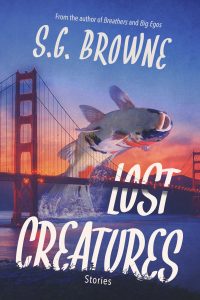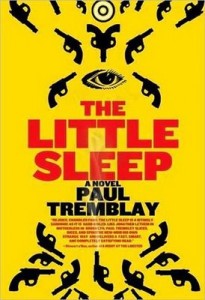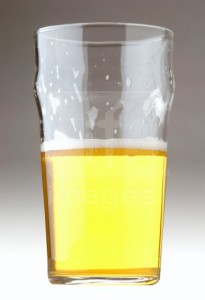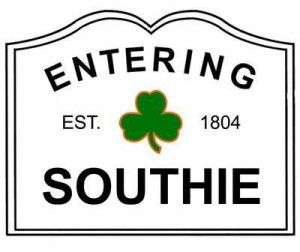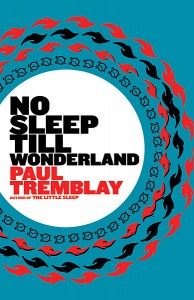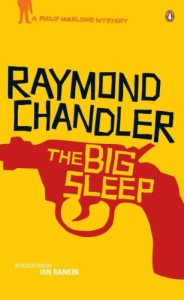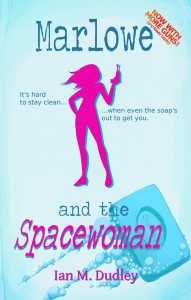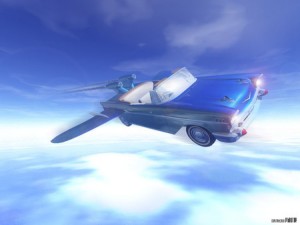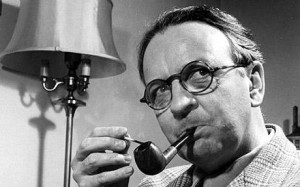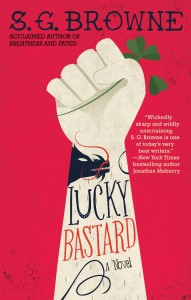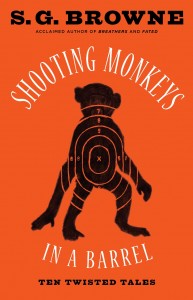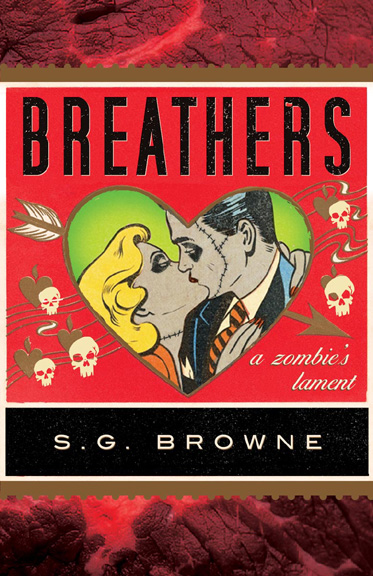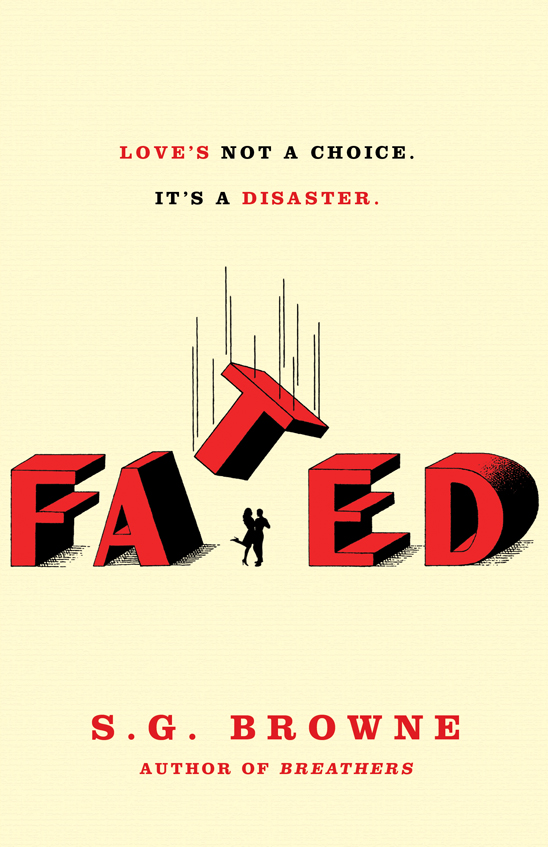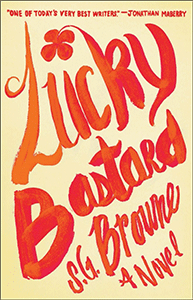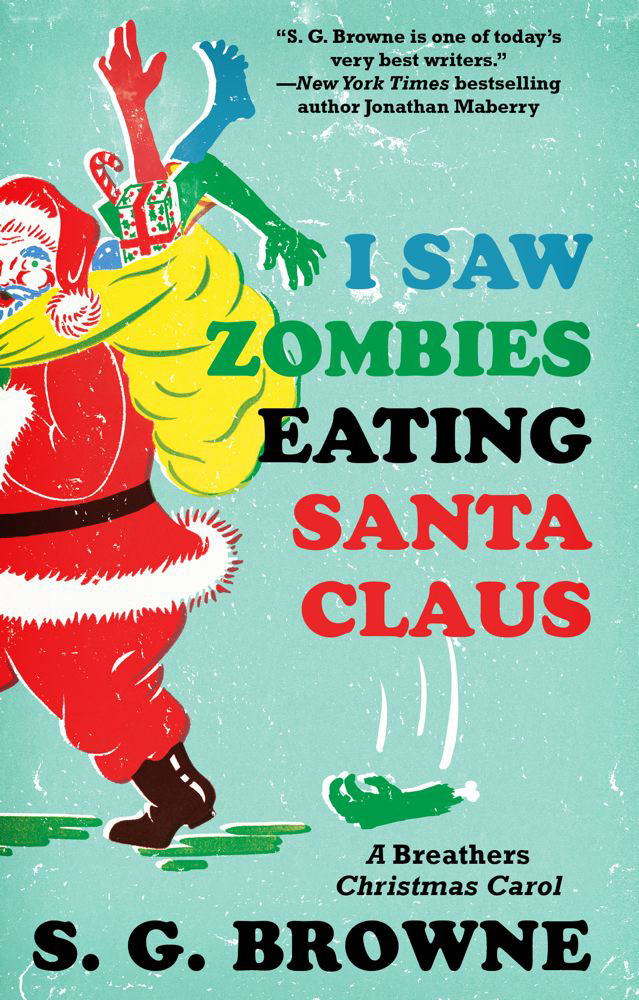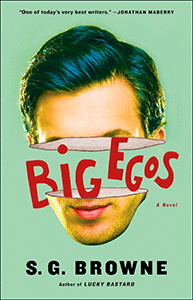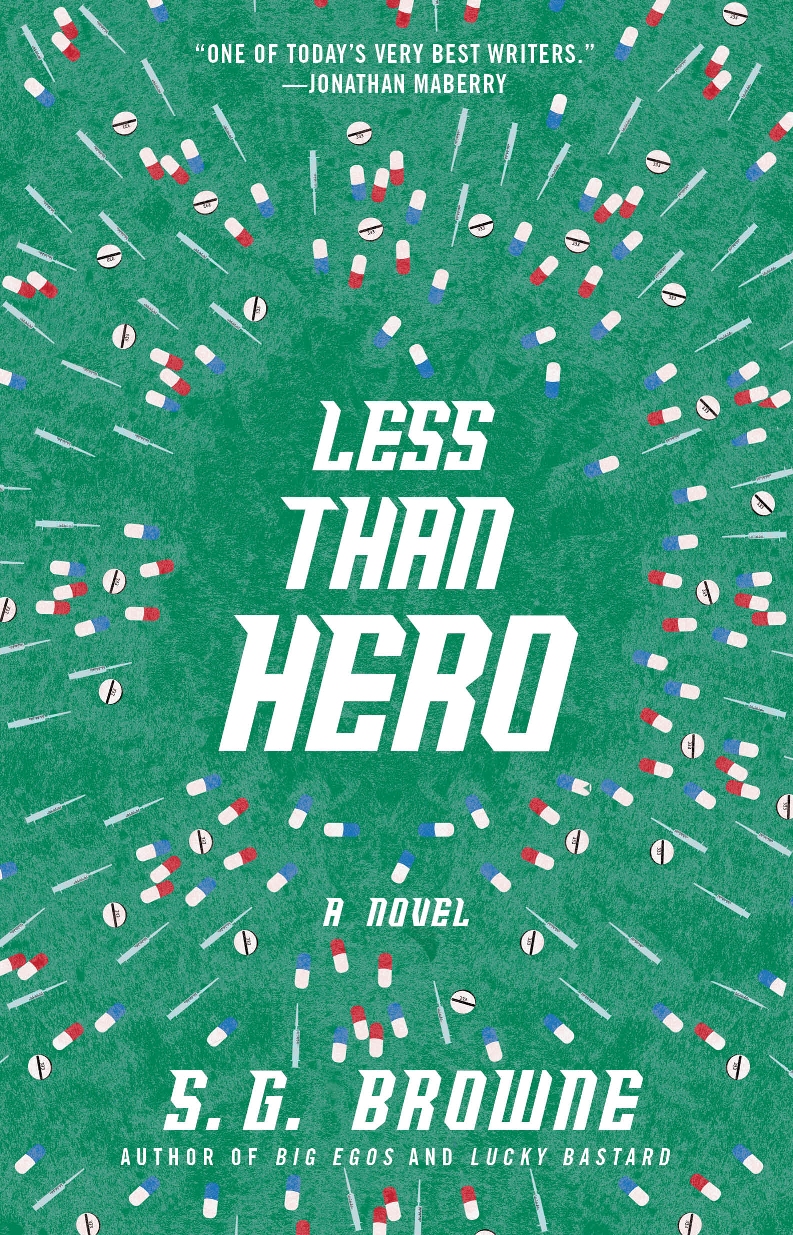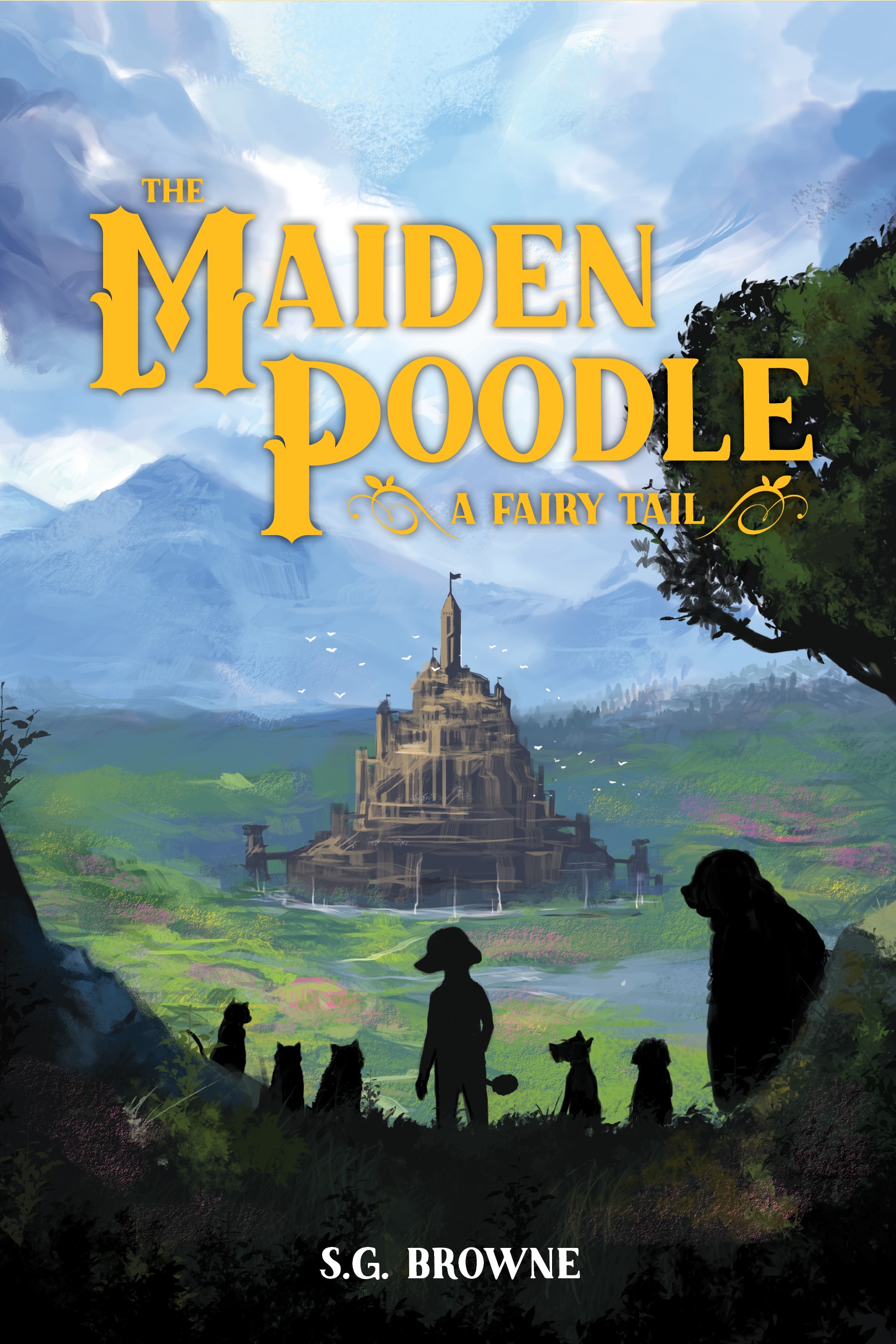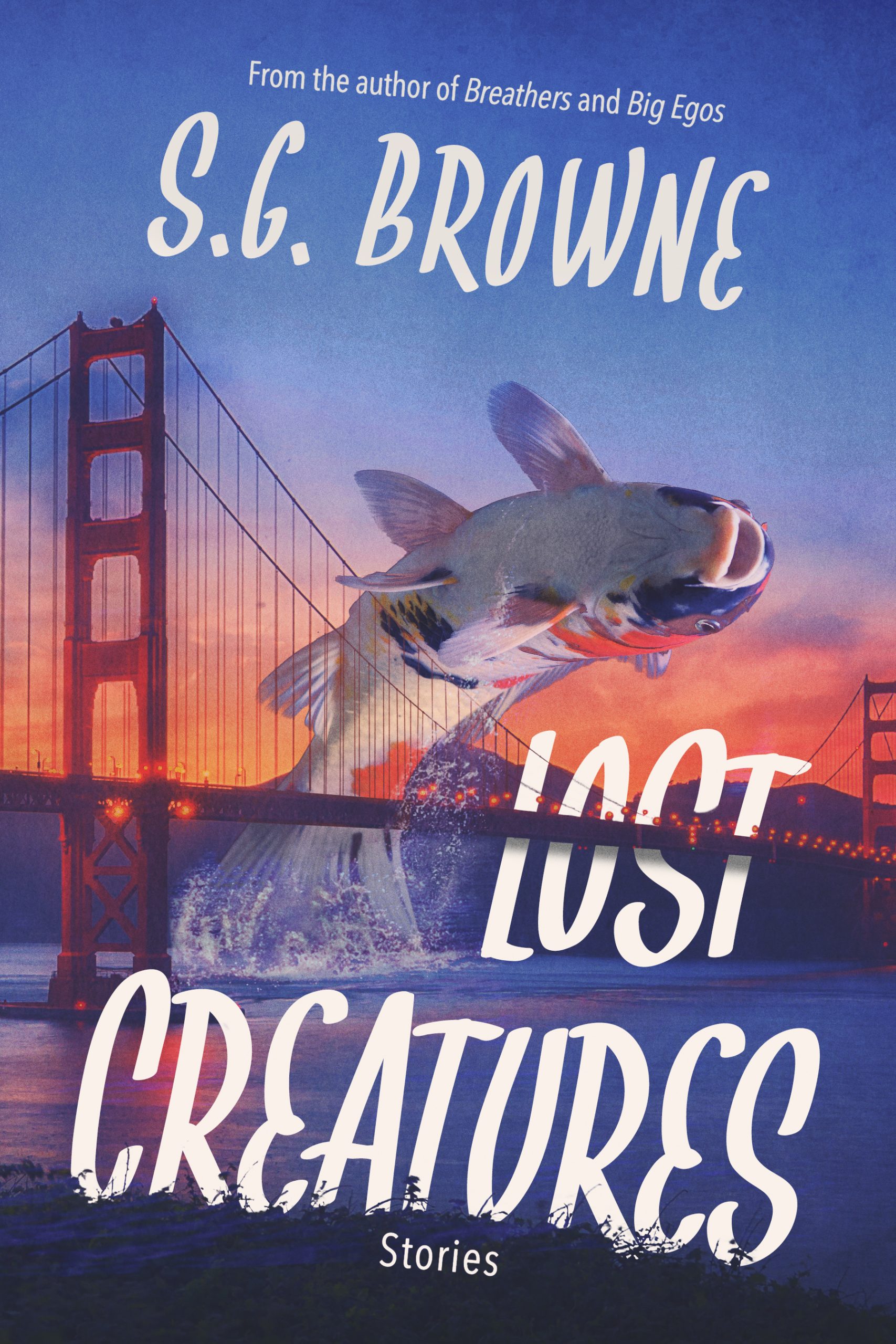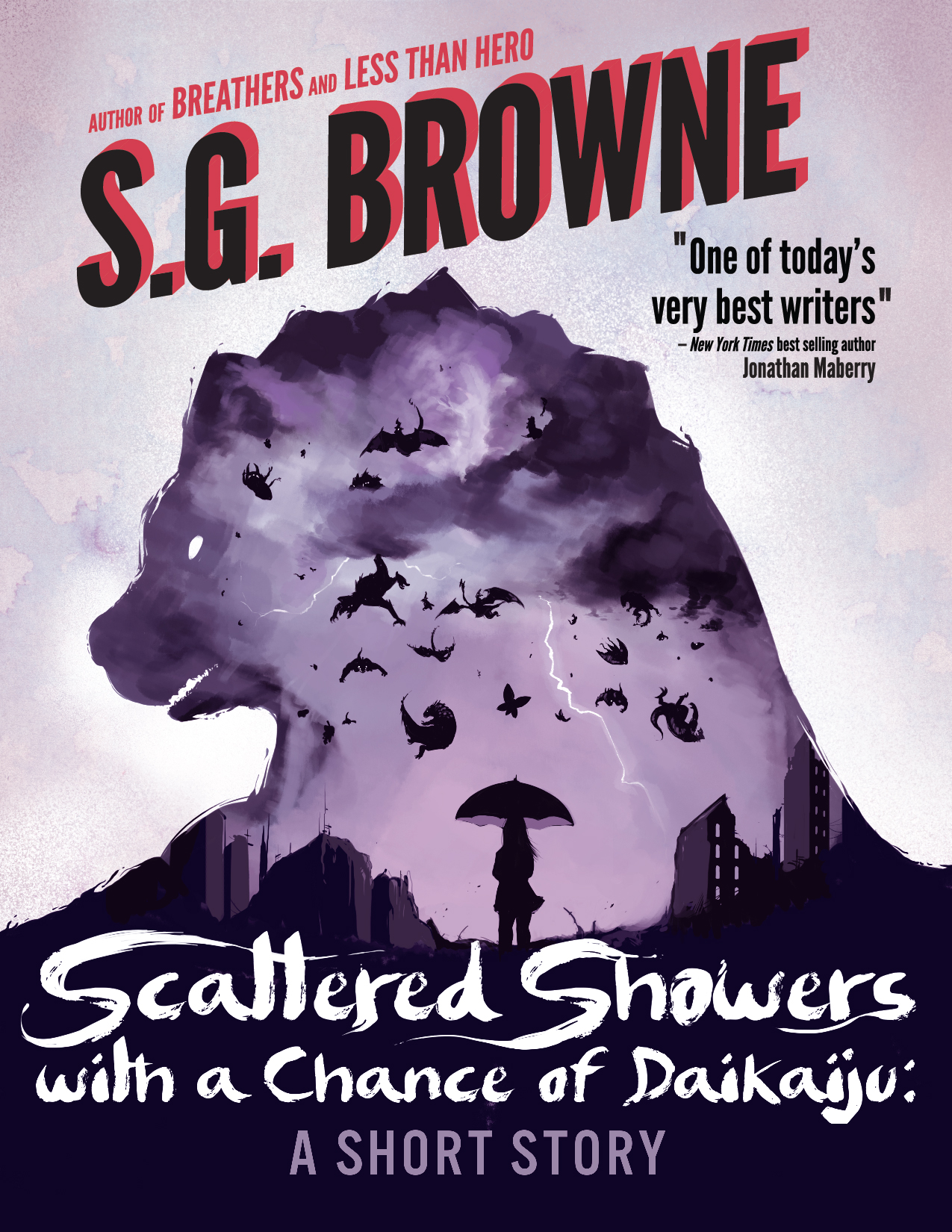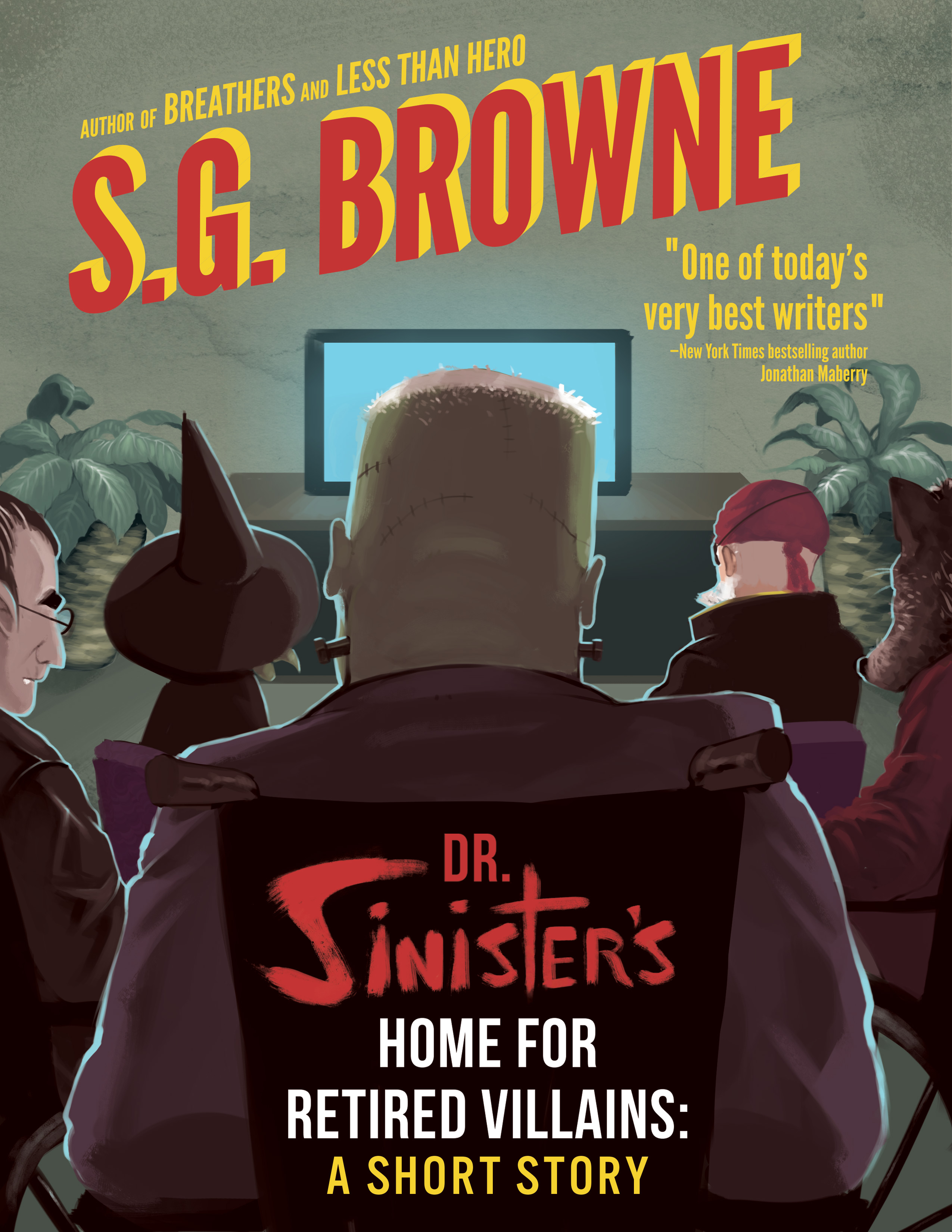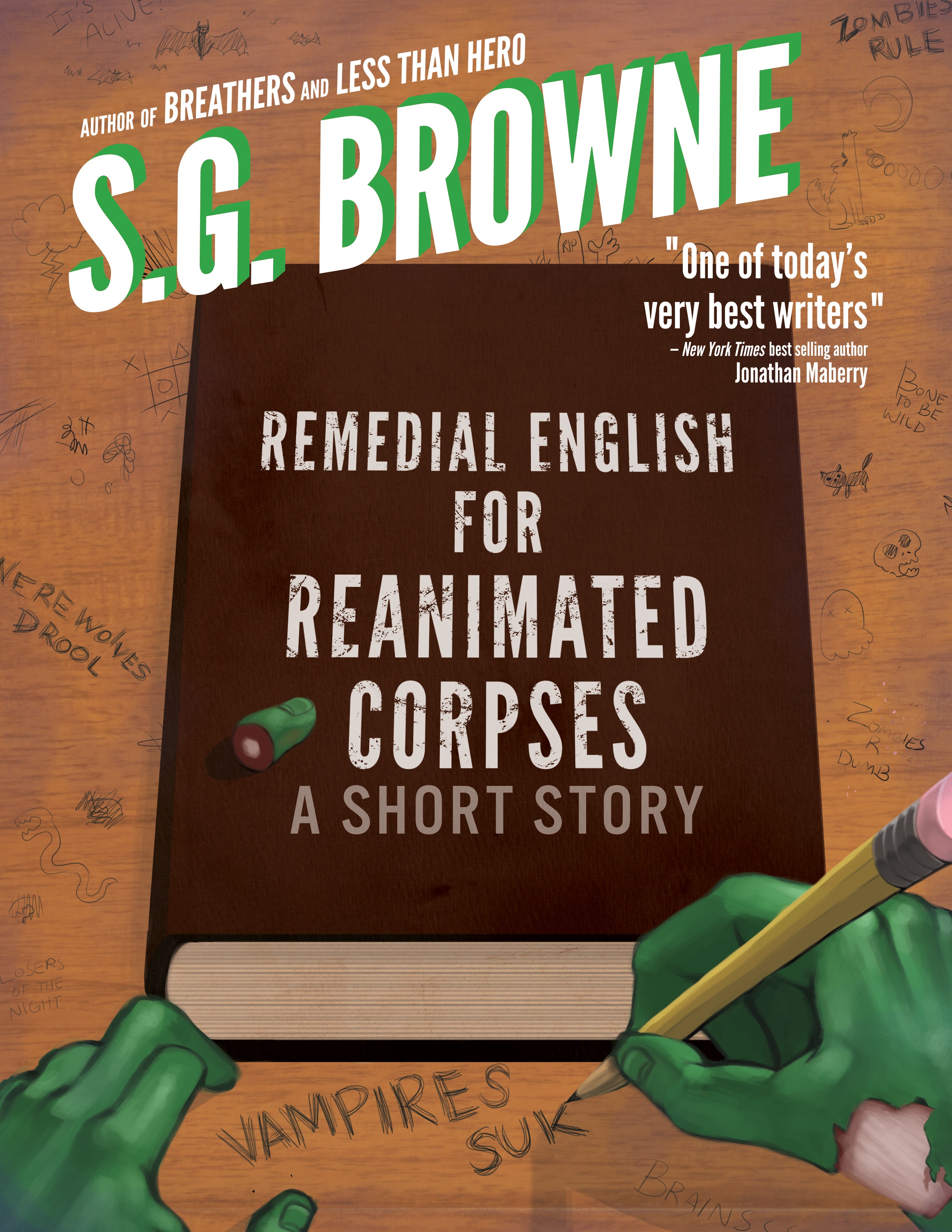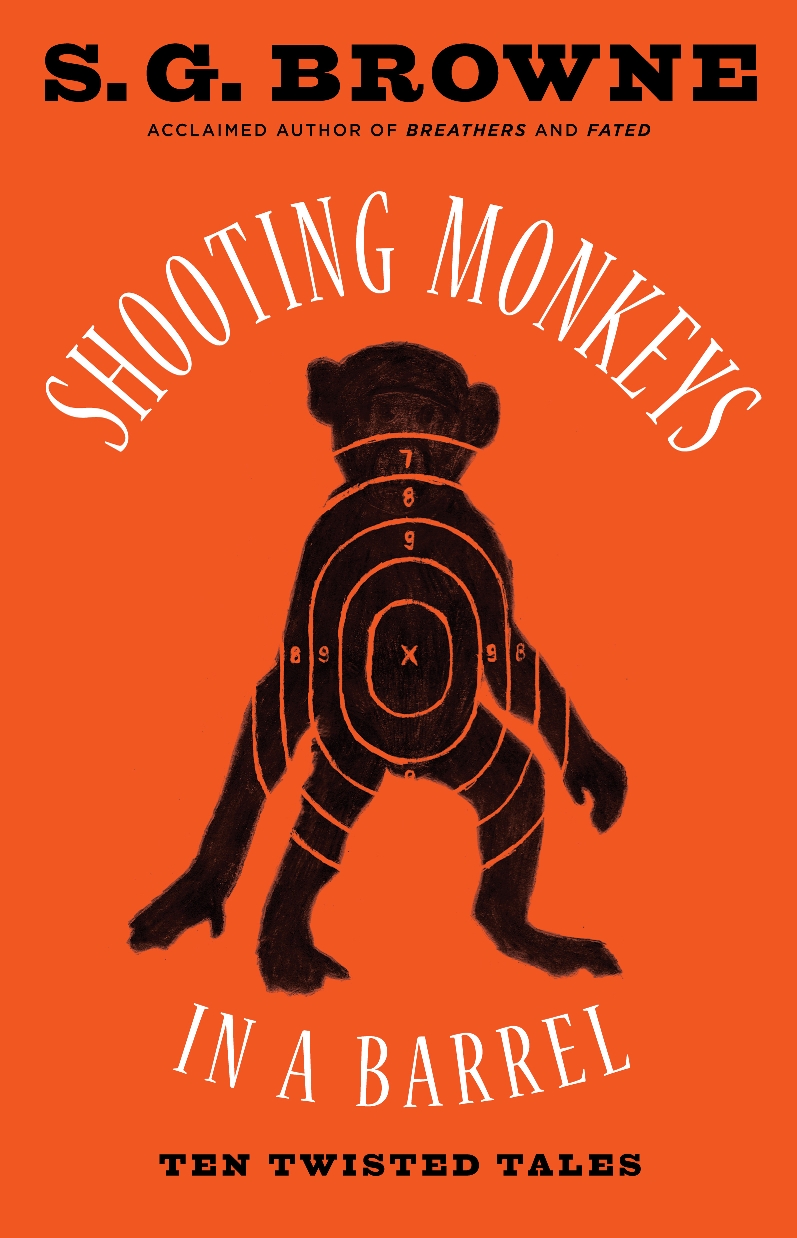Lucky Bastard San Francisco Blog Tour – Chapter One
“It’s my understanding that naked women don’t generally tend to carry knives.”
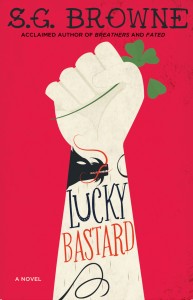 That’s the opening line to my third novel, Lucky Bastard—a detective/noir/comedy/satire that takes place over the course of a single day in San Francisco.
That’s the opening line to my third novel, Lucky Bastard—a detective/noir/comedy/satire that takes place over the course of a single day in San Francisco.
Since I live in San Francisco, I thought it would be fun to take a virtual tour of the locations that factor prominently in Lucky Bastard and the inspirations behind how the book came to be written. Then I had the idea to add pictures.
Thus was born the Lucky Bastard San Francisco Blog Tour! (Cue the trumpets and orchestral music.)
Since all books have to start with Chapter One, that seems like a good place to kick things off. To quote James Lipton: We start, as always, at the beginning.
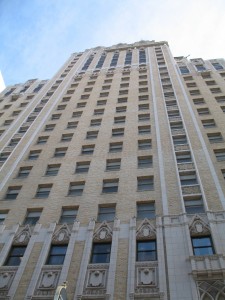 Lucky Bastard opens on the roof of the Sir Francis Drake Hotel in Union Square, with our hero, Nick Monday, being threatened by an unidentified angry, naked woman holding an eight-inch carving knife. That’s the view from Powell Street of the Sir Francis Drake, known by locals as “The Drake,” on your right. They wouldn’t let me on the roof to take pictures for liability reasons. And I couldn’t find a woman willing to remove her clothes and menace me with a carving knife. So you’ll have to settle for this view, instead.
Lucky Bastard opens on the roof of the Sir Francis Drake Hotel in Union Square, with our hero, Nick Monday, being threatened by an unidentified angry, naked woman holding an eight-inch carving knife. That’s the view from Powell Street of the Sir Francis Drake, known by locals as “The Drake,” on your right. They wouldn’t let me on the roof to take pictures for liability reasons. And I couldn’t find a woman willing to remove her clothes and menace me with a carving knife. So you’ll have to settle for this view, instead.
So what made me decide to start my novel out on the roof of a hotel? And why did I pick The Drake?
Lucky Bastard started out as a writing exercise for my writers group back in July of 2006. I can’t remember what the exercise was, but the opening line just popped into my head and I followed it up with a one page scene about a guy on the roof of some generic hotel and a naked woman holding a knife. That was pretty much it. I had no idea how he got up there or why the woman had the knife. It’s just what showed up on the page.
I didn’t do anything more with the scene until March of 2007. At the time I was working on my second novel Fated when an idea popped into my head of what to do with that guy on the roof. So I sat down and wrote twenty pages of a novel that was loosely based on a short story about luck titled “Softland” that I’d written back in 2004. Which, by the way, you can read in my upcoming e-book collection Shooting Monkeys in a Barrel.
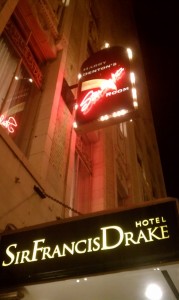 Another two years went by before I picked up those twenty pages and decided to see where the story wanted to go. For those who aren’t familiar with the way I write, I don’t plot out my stories. I’m a pantser. I write by the seat of my pants, discovering the story as I go along. Although the book starts on the roof of a hotel, that’s not the story. The story is everything that came before that opening scene. So I had to figure out how to get my protagonist back up on the hotel roof.
Another two years went by before I picked up those twenty pages and decided to see where the story wanted to go. For those who aren’t familiar with the way I write, I don’t plot out my stories. I’m a pantser. I write by the seat of my pants, discovering the story as I go along. Although the book starts on the roof of a hotel, that’s not the story. The story is everything that came before that opening scene. So I had to figure out how to get my protagonist back up on the hotel roof.
The first thing I needed to do was pick a hotel. While I’d set the novel in San Francisco, I hadn’t given the hotel a name, so I went out in search of one located in or around Union Square. The Chancellor Hotel had the right look and the colorful local history, but at fifteen stories it wasn’t tall enough for me. And while the Marriott and the Grand Hyatt were both over thirty stories tall, they lacked a certain panache.
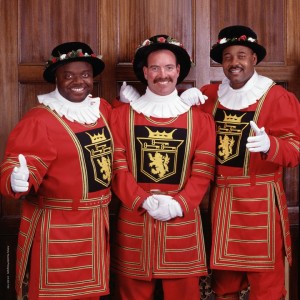 So I decided on The Drake. One, it had the right look and feel. Two, having been built in 1928 it had the local history. Three, at twenty-one stories tall it was the right height. And four, it had something none of the other hotels could match: Beefeater doormen.
So I decided on The Drake. One, it had the right look and feel. Two, having been built in 1928 it had the local history. Three, at twenty-one stories tall it was the right height. And four, it had something none of the other hotels could match: Beefeater doormen.
In addition to the architecture and the height and the Beefeaters, sitting atop The Drake is Harry Denton’s Starlight Room—a nightclub with a 360-degree view and 1930’s style throwback that I thought might turn out to be a useful setting at some future point in the novel. And I was right. It most definitely was useful.
But that’s another blog post.
If you’d like to read Chapter 1 of Lucky Bastard, you can check it out here.
